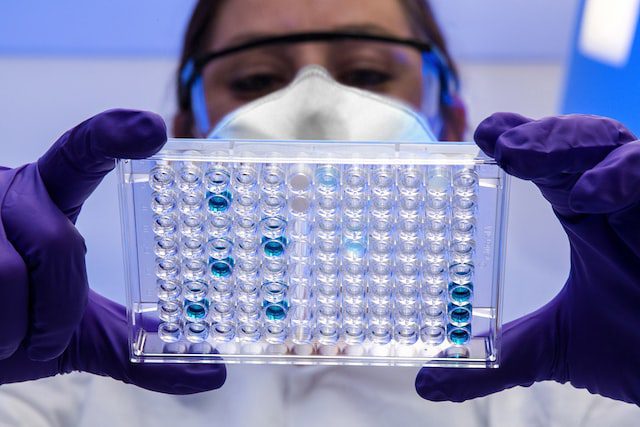
Epigenetic reprogramming is the process by which the epigenome, which is the collection of chemical modifications to DNA and proteins that regulate gene expression, is altered in a way that changes the function of cells.
In cancer, this can involve changes to the epigenome that allow cells to divide and grow in an uncontrolled way, leading to the formation of a tumor.
Causes
Epigenetic changes can be caused by a variety of factors, including environmental exposures, diet, and aging. Some cancer treatments, such as chemotherapy and radiation therapy, can also cause epigenetic changes.
It is believed that epigenetic changes play a role in the development and progression of many types of cancer, and research is ongoing to better understand the specific epigenetic changes that occur in different types of cancer and how they can be targeted for treatment.
Some cancer therapies, such as drugs that inhibit enzymes that add or remove epigenetic marks, are being developed to target specific epigenetic changes in cancer cells.
Aging is a complex process that involves a variety of biological changes that occur over time. These changes can affect many different systems in the body and can increase the risk of age-related diseases and conditions, such as heart disease, cancer, and dementia.
Role in aging process
Epigenetic changes are thought to play a role in the aging process, and research has shown that certain epigenetic changes are associated with aging in humans and other animals.
These changes can affect the expression of genes that are involved in the regulation of aging and longevity, such as those that control the production of proteins that help to maintain the health and function of cells and tissues.
Some scientists believe that targeting specific epigenetic changes may be a way to promote healthy aging and extend lifespan.
For example, drugs that inhibit enzymes that add or remove epigenetic marks may be able to reverse or prevent some of the epigenetic changes that occur with aging.
However, more research is still needed to better understand the specific epigenetic changes that occur during aging and how they can be targeted for the purpose of promoting healthy aging and extending lifespan.







